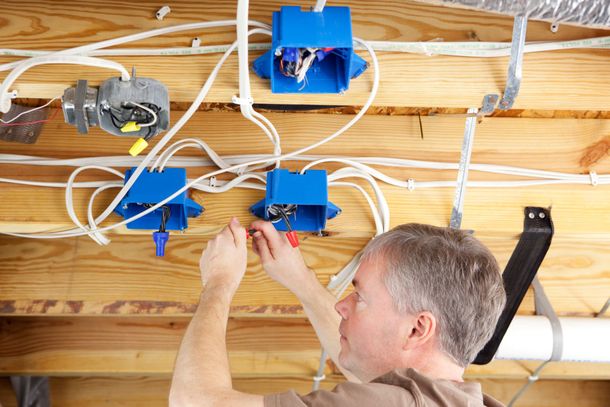Why Portable Backup Power Even Matters
Losing power isn’t rare. Especially here in Florida. A strong storm rolls through and suddenly your fridge is off, your Wi-Fi's gone, and your house goes quiet — not in a peaceful way.
That’s where portable power home backup systems come in. They’re not just for the off-grid crowd. They’re for anyone who wants to keep the essentials running when the grid doesn’t.
What Is a Portable Power Backup?
Basically, it’s a smaller, movable power source. Think battery packs or gas generators. You use them to run a few important things — not the whole house, but just enough to get by until power comes back.
Depending on the size, they can handle:
-
Charging phones and laptops
-
Keeping the fridge cool
-
Powering Wi-Fi routers or lamps
-
Running a fan or small heater
You’re not throwing a party during a blackout, but you won’t be sitting in the dark either.
Gas or Battery? Which One Works for You?
There’s no perfect answer. Both have upsides and downsides.
Gas-powered generators are loud, a bit smelly, and need fuel. But they can run for hours (or days) if you keep refueling.
Battery backups are quiet, clean, and safe to use indoors. The trade-off? They run out faster, and charging them takes time — especially during an outage.
If you’re unsure which to go with, licensed electricians in Hillsborough County can help you figure it out based on your setup and needs.
What Should You Power?
Start with the essentials. Think about what you really need:
-
A fridge so your food doesn’t go bad
-
Lights so you can move around safely
-
A fan (because Florida)
-
Wi-Fi if you work from home
-
A CPAP machine or other medical device
Make a list. Add up the wattage. Then look for a portable power home backup system that can handle it. Not sure how to calculate that? A quick chat with someone from electrical repair services Tampa Bay or nearby pros can clear it up.
How Do You Use It Safely?
This part matters. Gas generators stay outside. Always. No garages. No covered porches. Carbon monoxide is no joke.
Battery systems? Safer indoors, but still need a clear spot and good ventilation if they get warm.
Also — don’t plug your generator into the wall unless you’ve had a proper transfer switch installed by someone who knows what they’re doing. That’s where electrical system design Tampa electricians earn their keep.
Want Something Bigger Down the Road?
If you find yourself using your backup power often, it might be time to think bigger. Maybe a whole-home generator. Maybe solar with battery storage. That’s when you’ll need help from folks who do electrical wiring Tampa homes properly and safely.
Final Thought
A portable power home backup setup isn’t overkill — it’s peace of mind. Start small, stay safe, and don’t overthink it. Backup power doesn’t have to be fancy. It just has to work when you need it

Comments on “Portable Power Home Backup: What You Should Know”